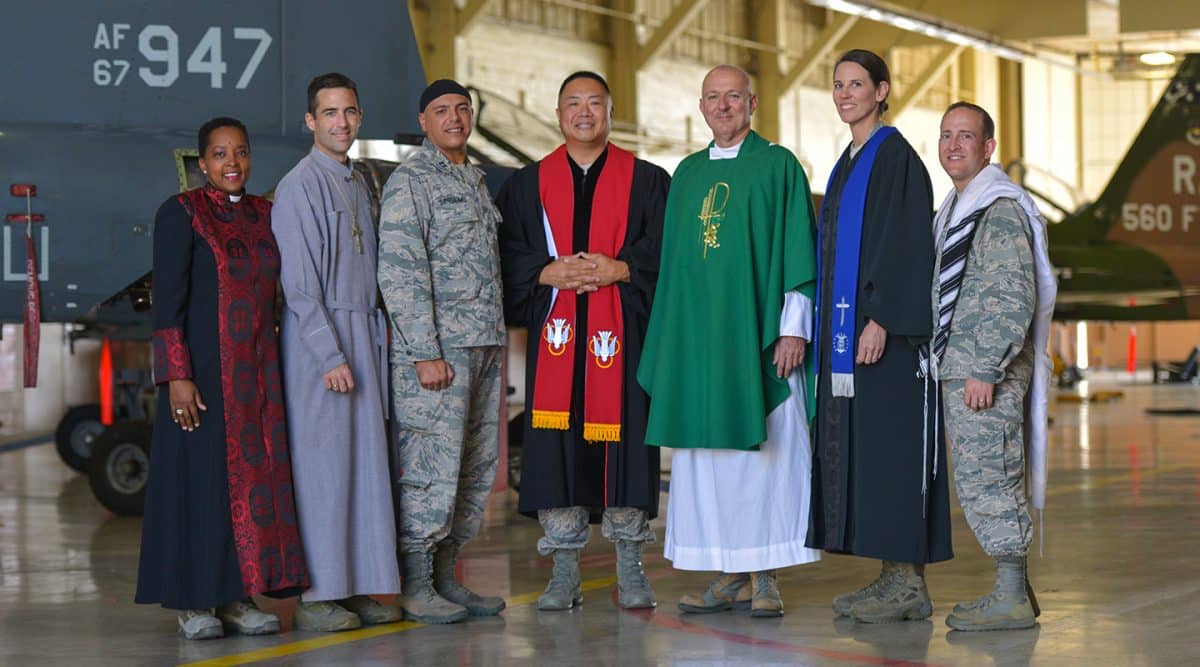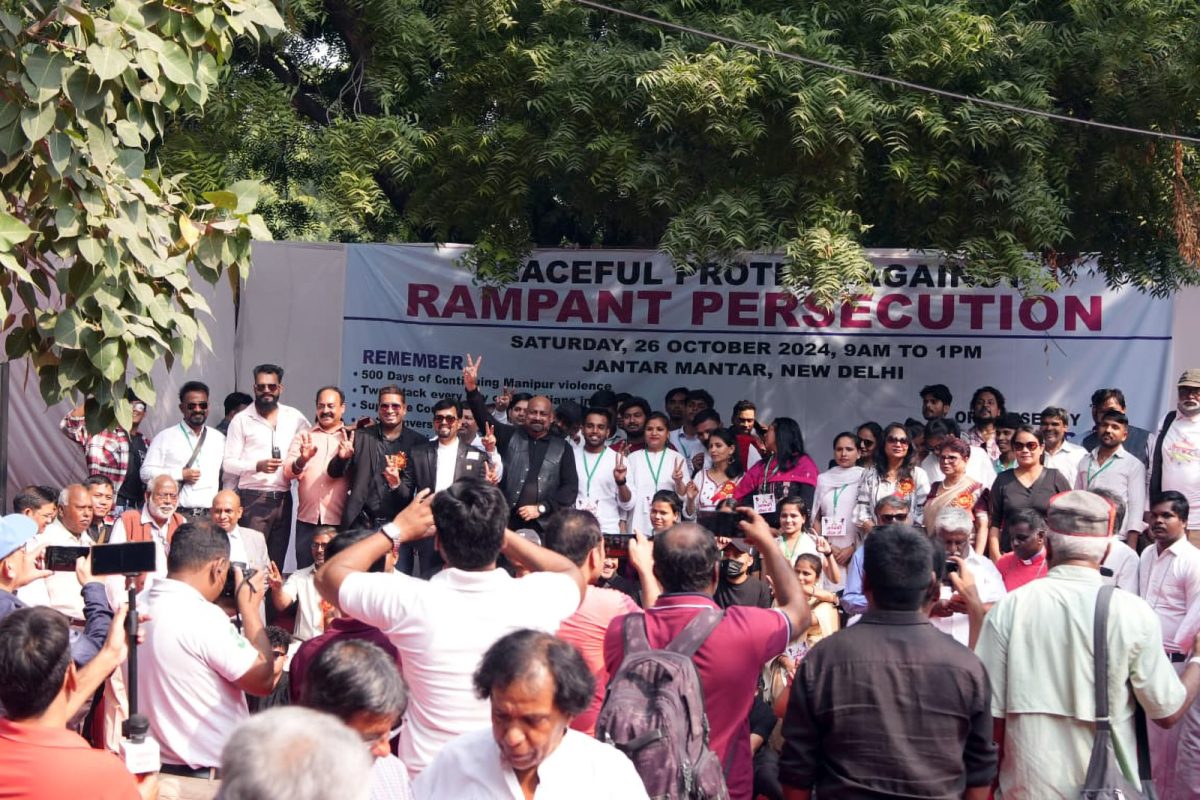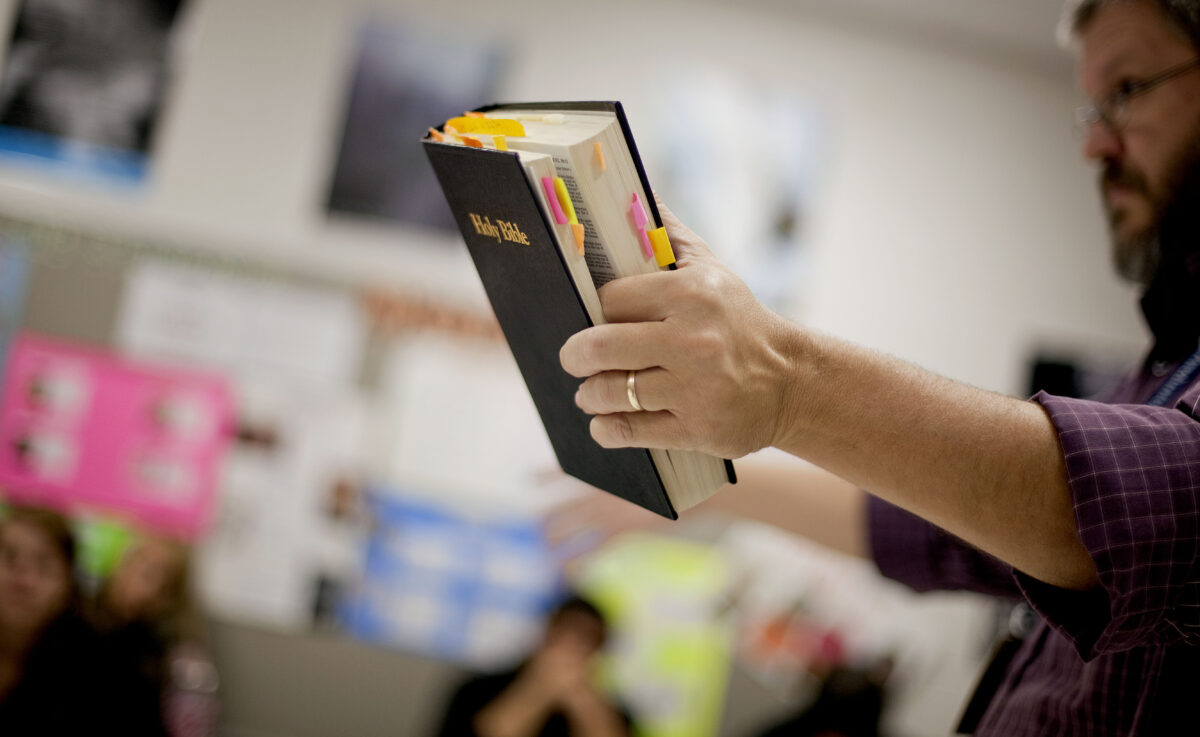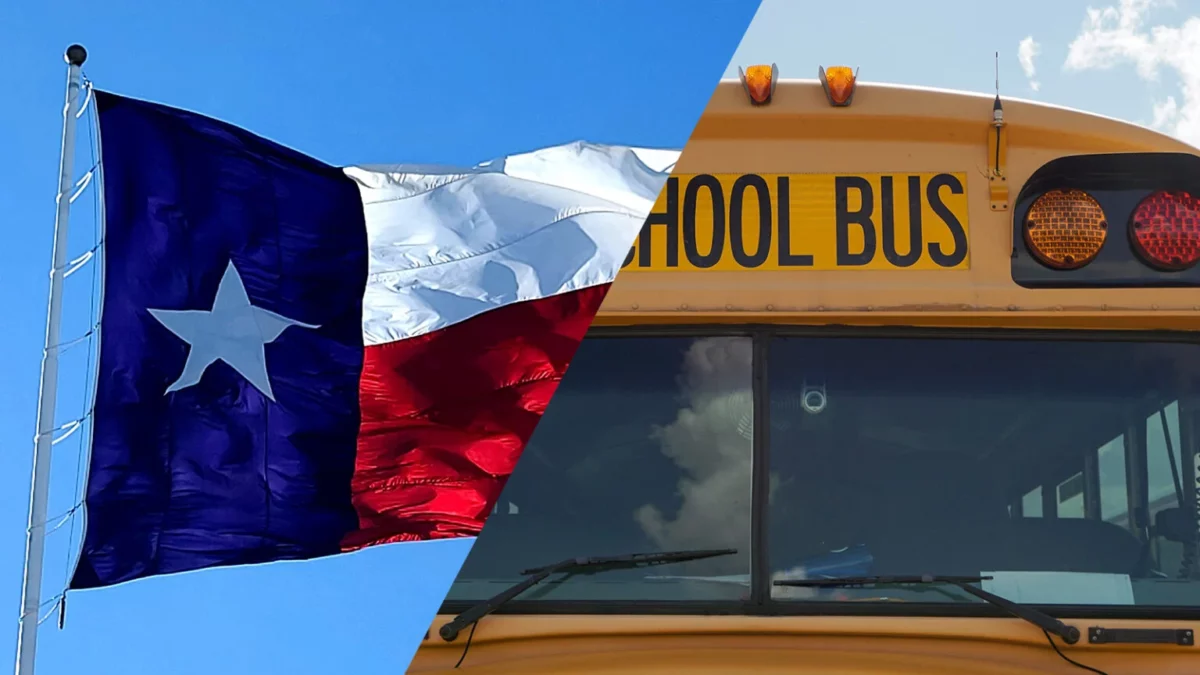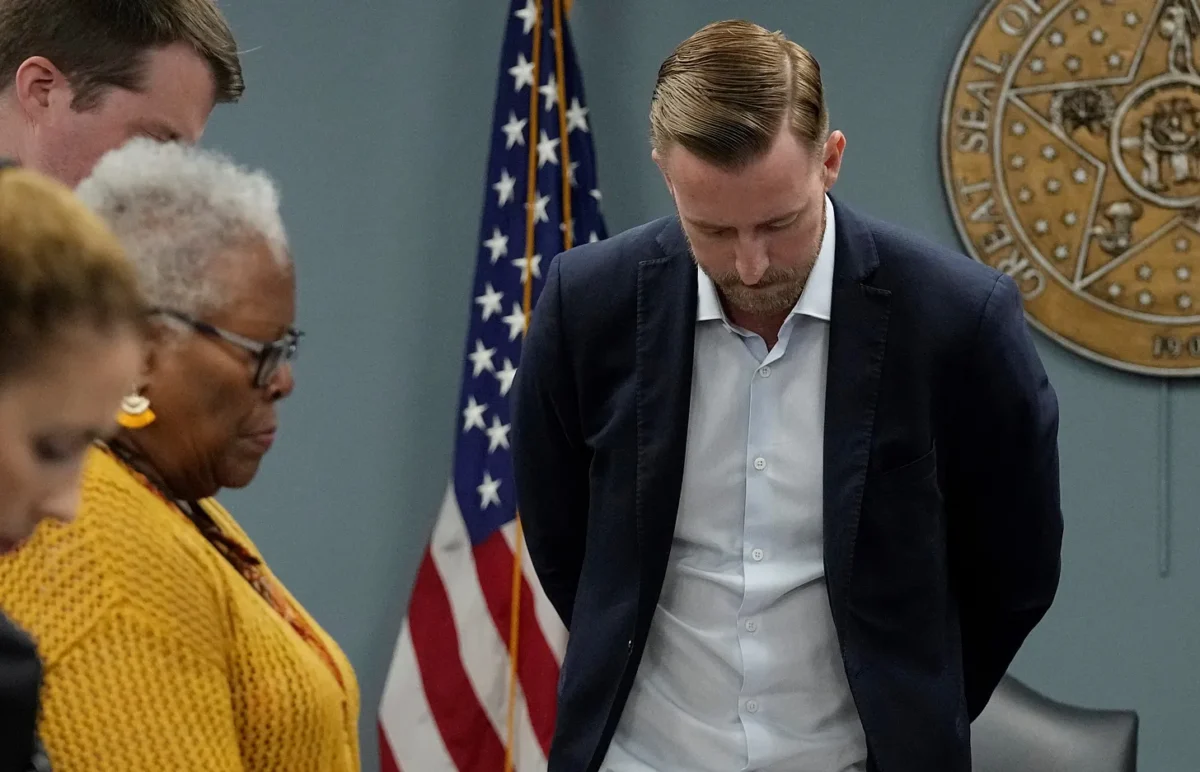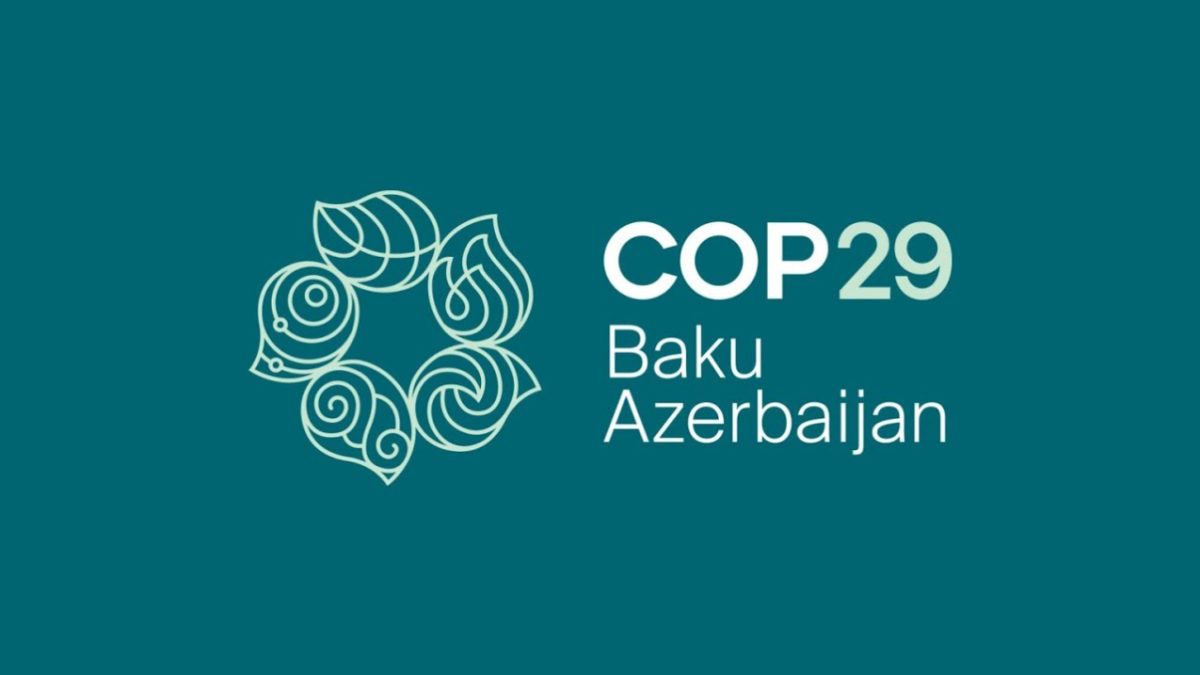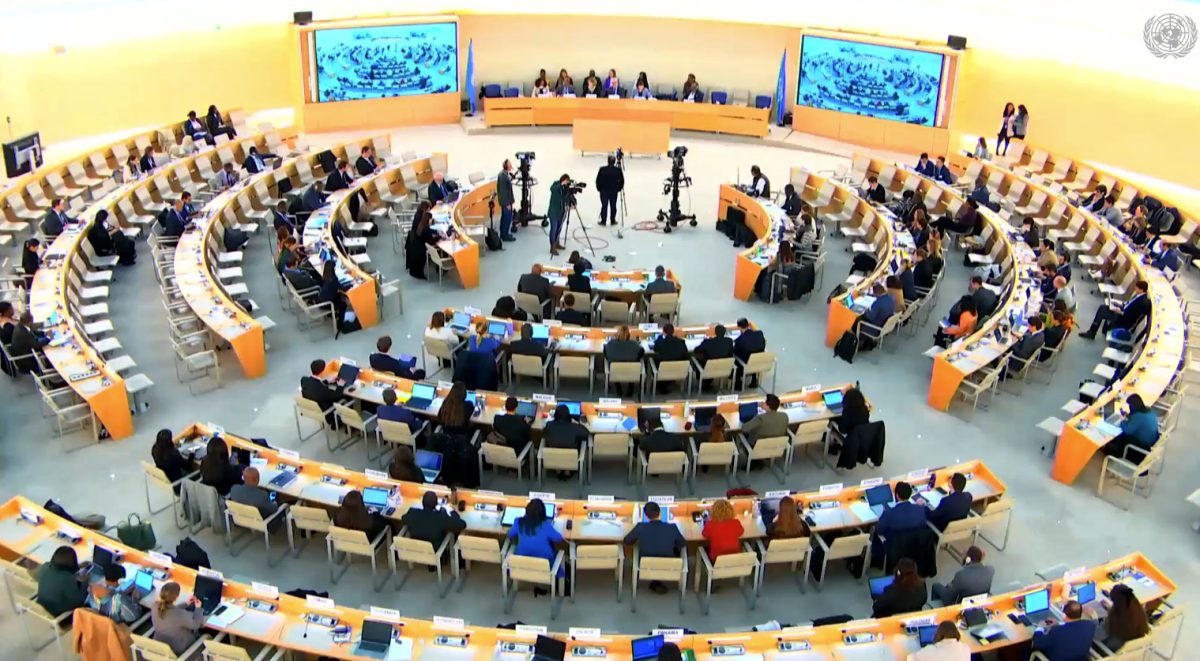US Military Takes Pride in Religious Diversity. Would Things Change if Pete Hegseth Takes Charge?
Mikey Weinstein, president of the Military Religious Freedom Foundation, said that President-elect Donald Trump’s nominee for defense secretary ‘promotes the concept of fundamentalist Christian dominance and supremacy.’

